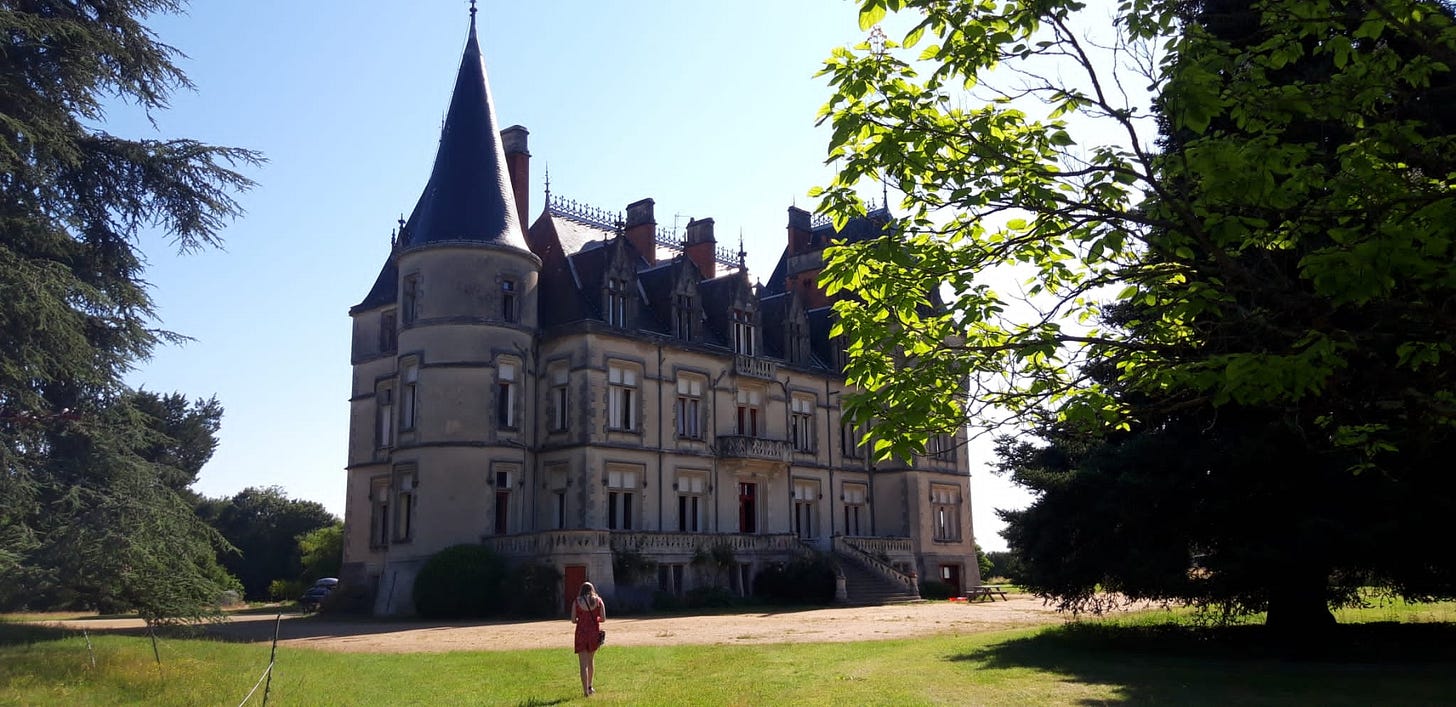At a certain point, during the three weeks I spent in France, I realized I was documenting my own life rather than living it. So, for the last week, in a certain act of defiance, I simply decided to live. This wasn’t necessarily or entirely of my own volition — I had many deadlines that were looming for other publications; I had work t…
Keep reading with a 7-day free trial
Subscribe to derailleur to keep reading this post and get 7 days of free access to the full post archives.




